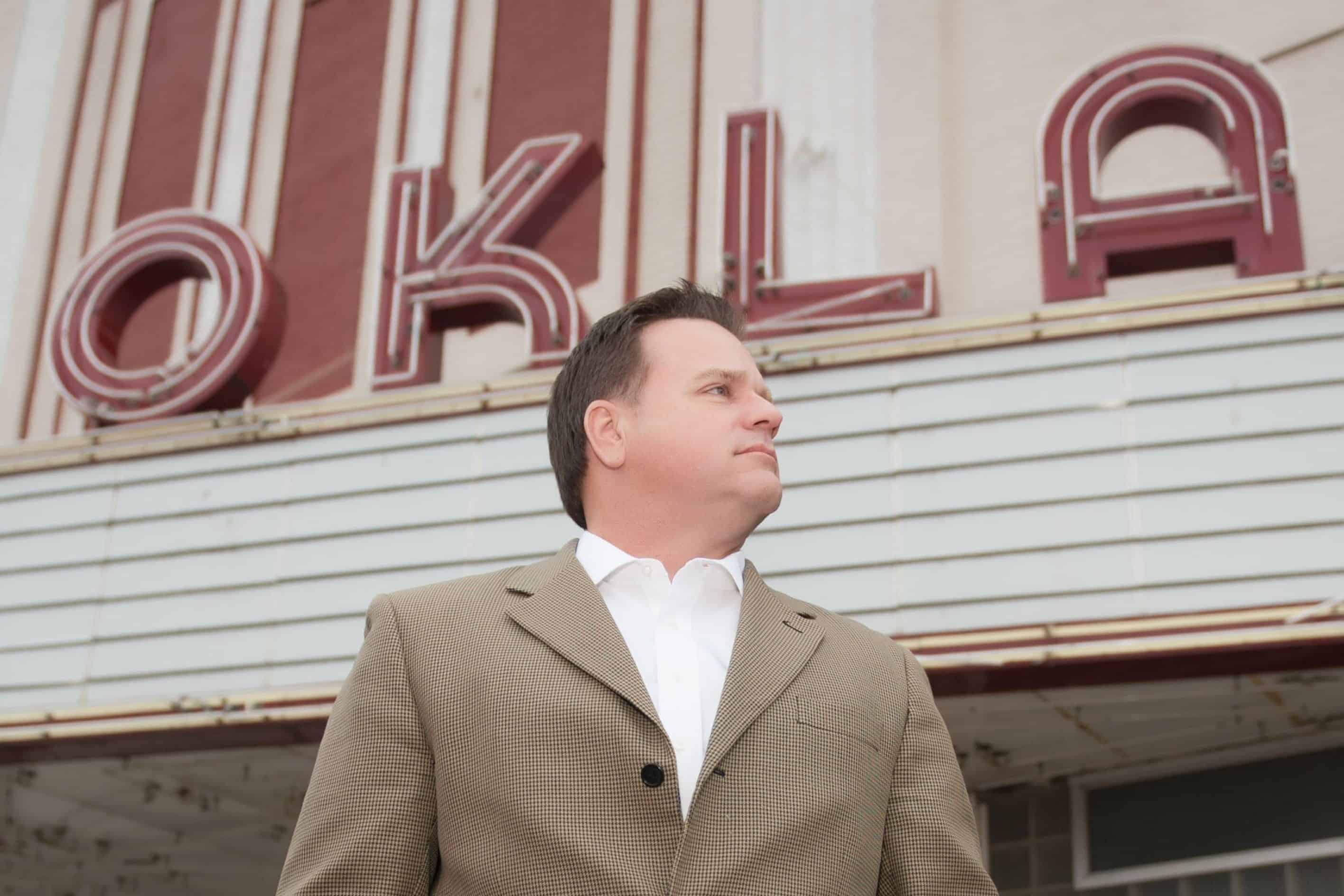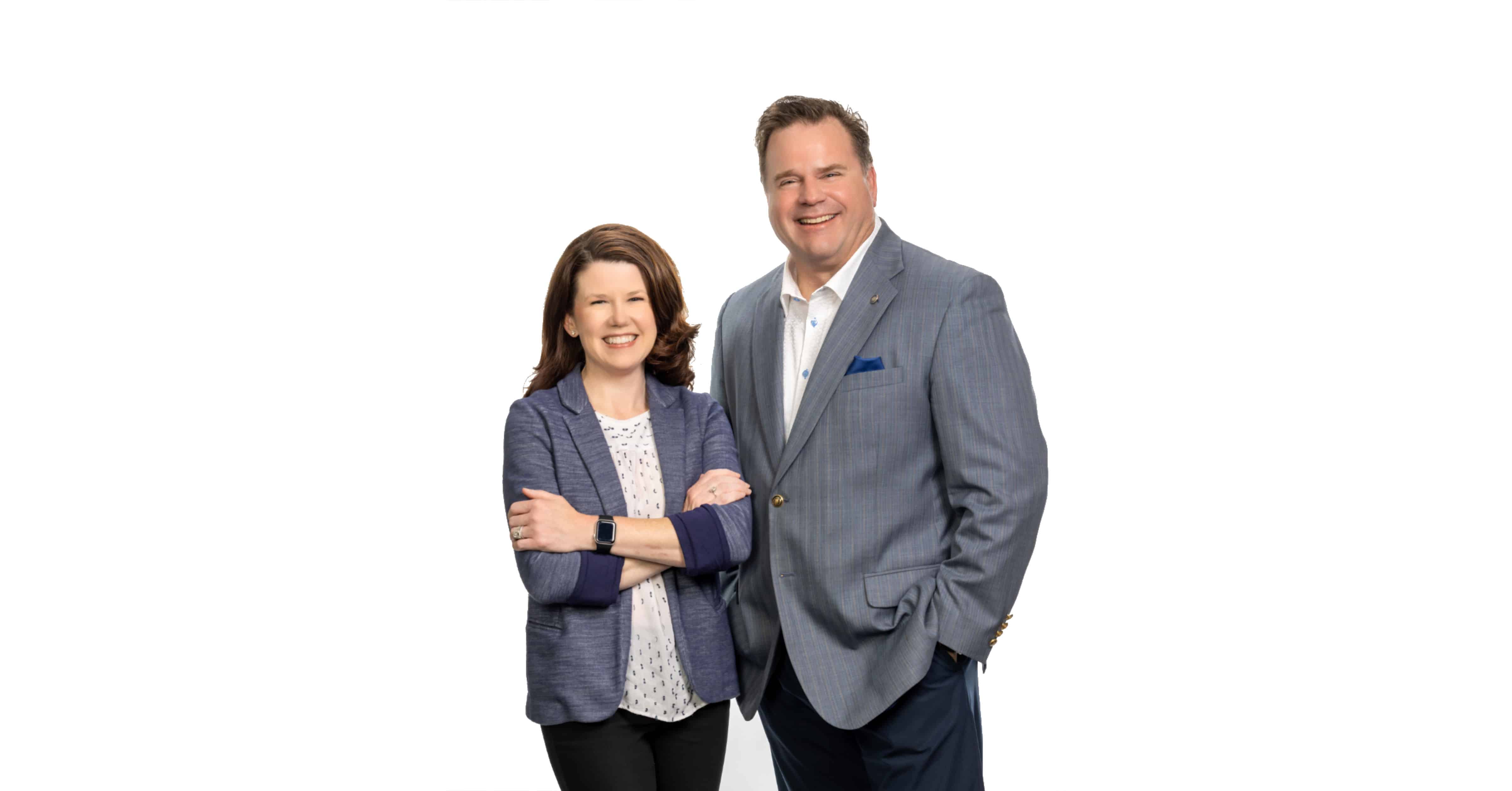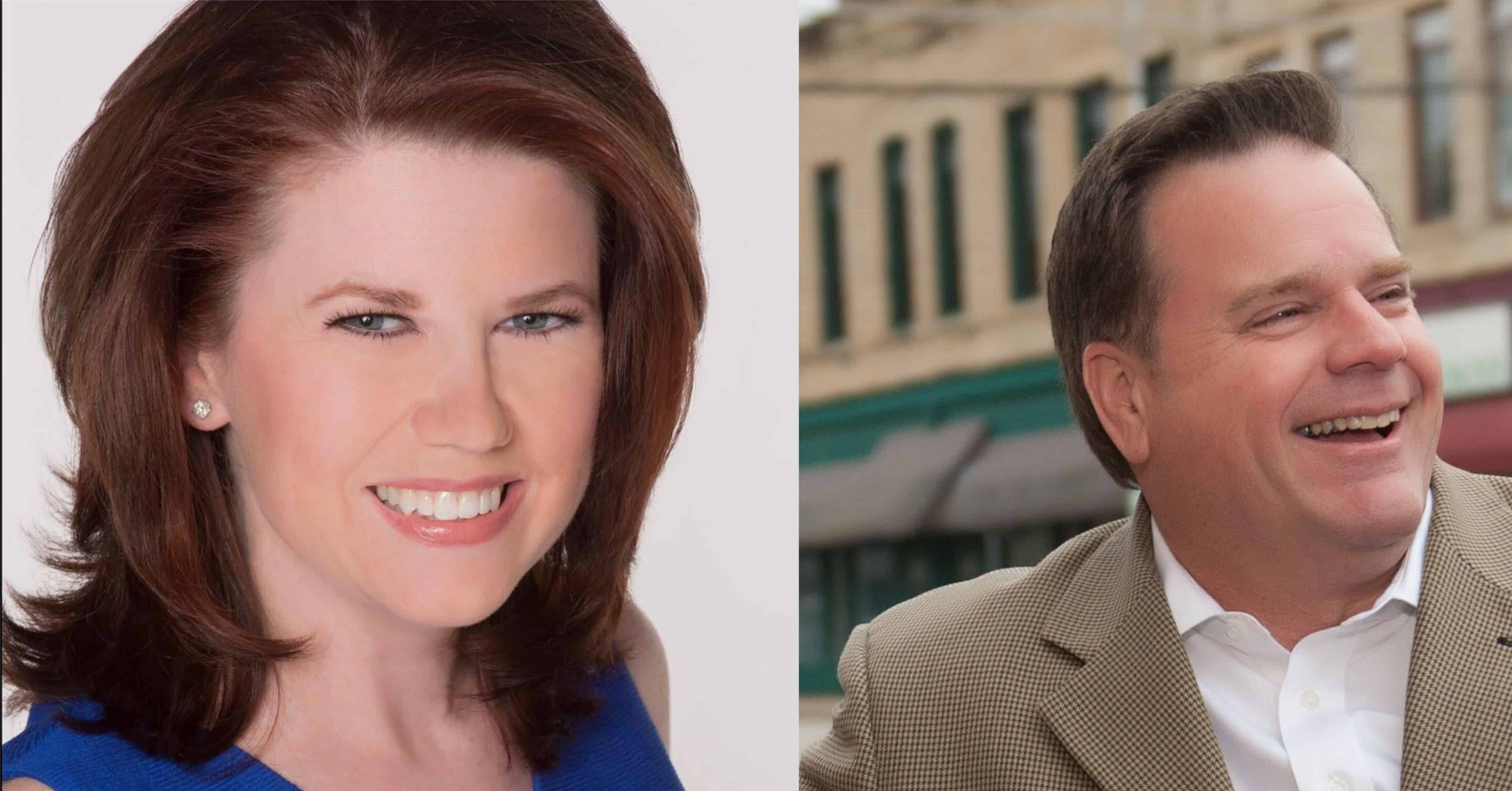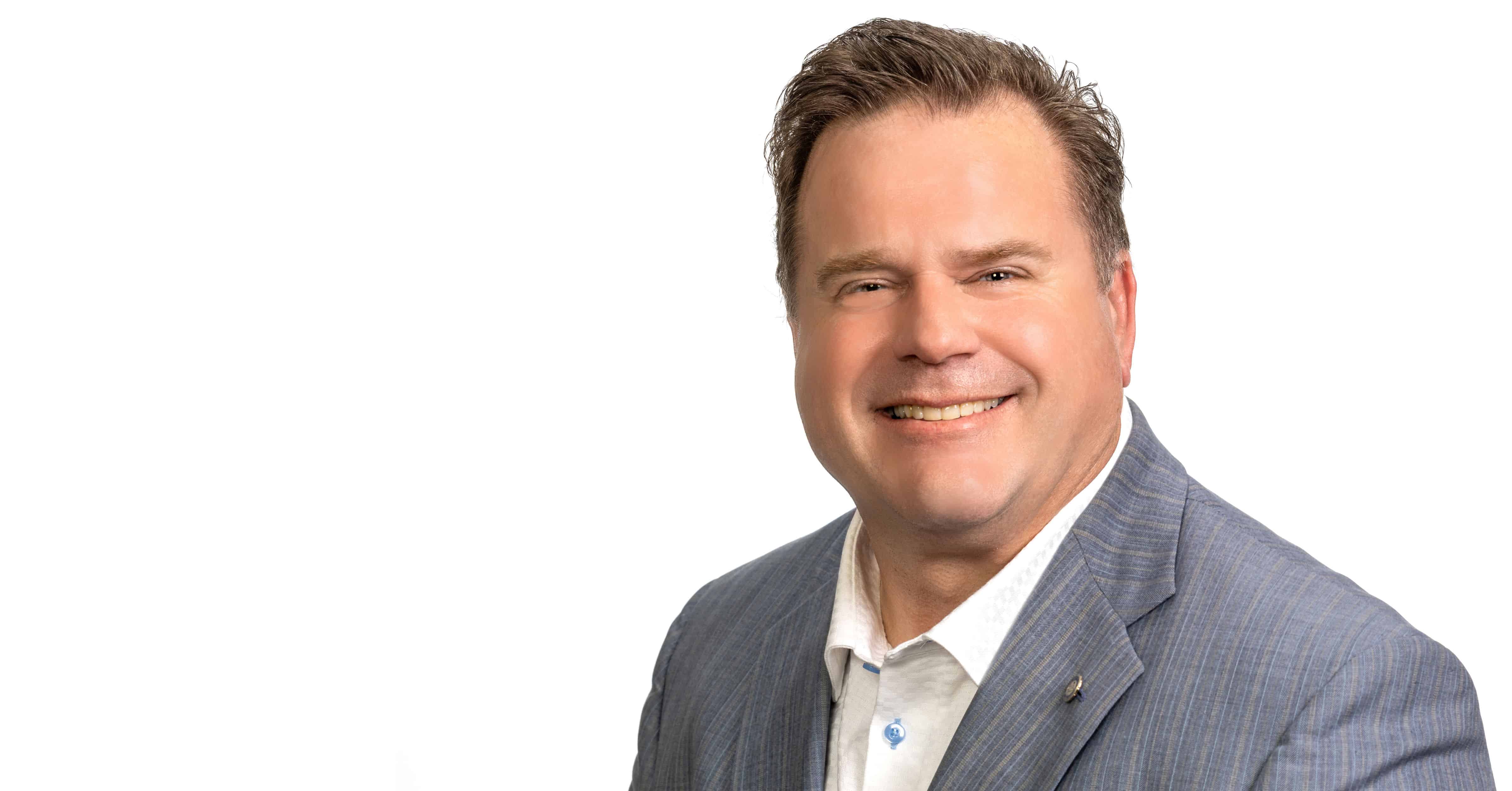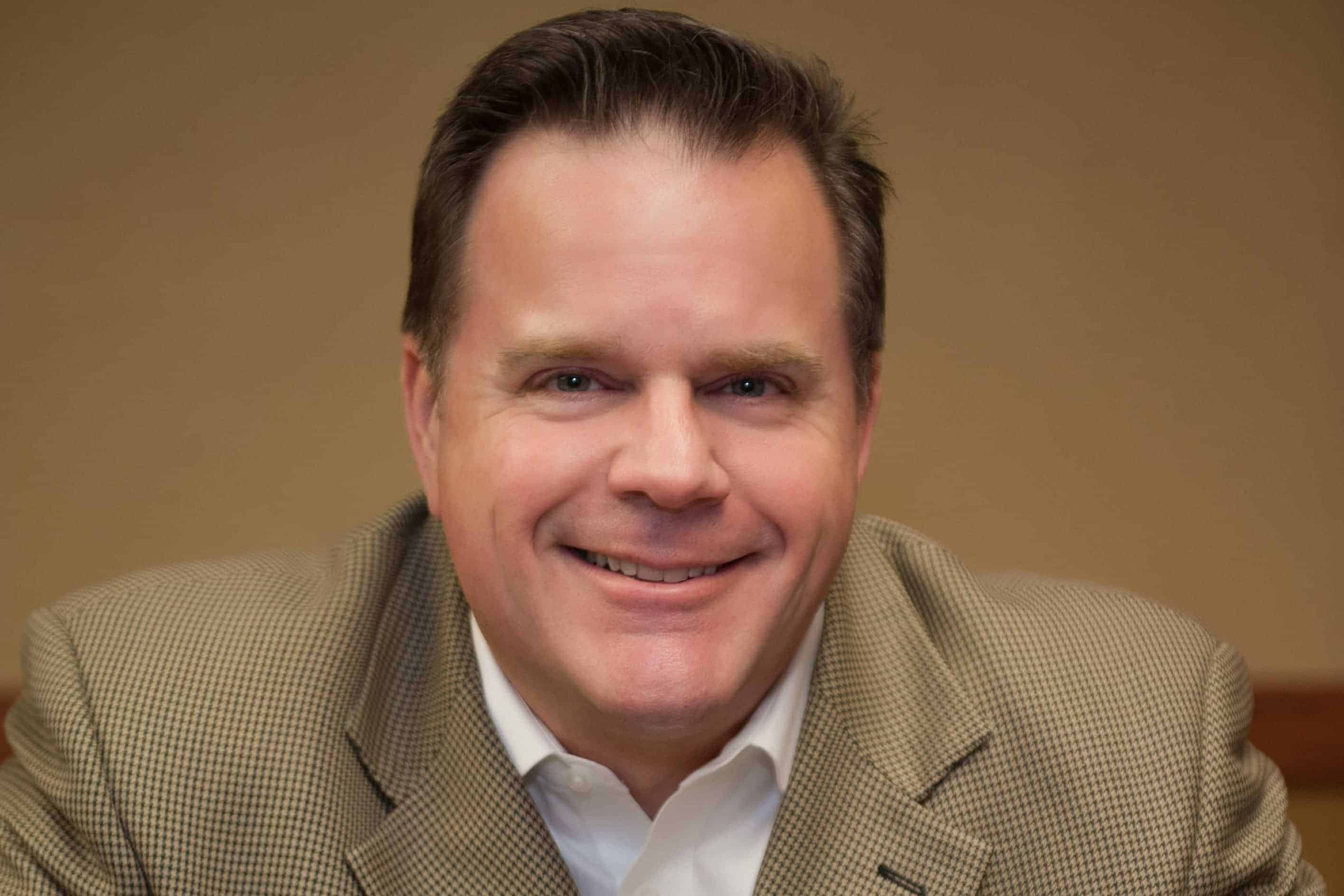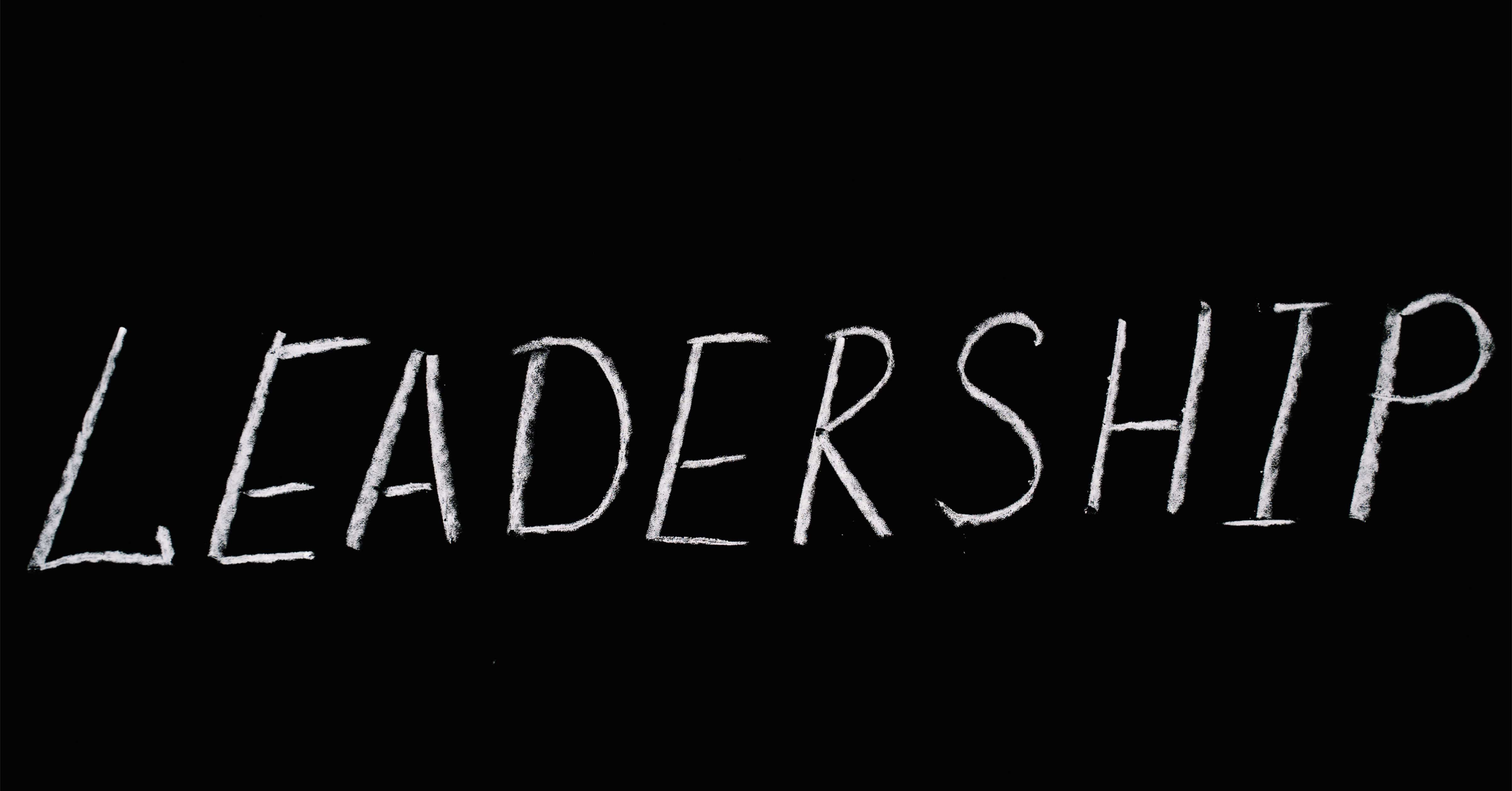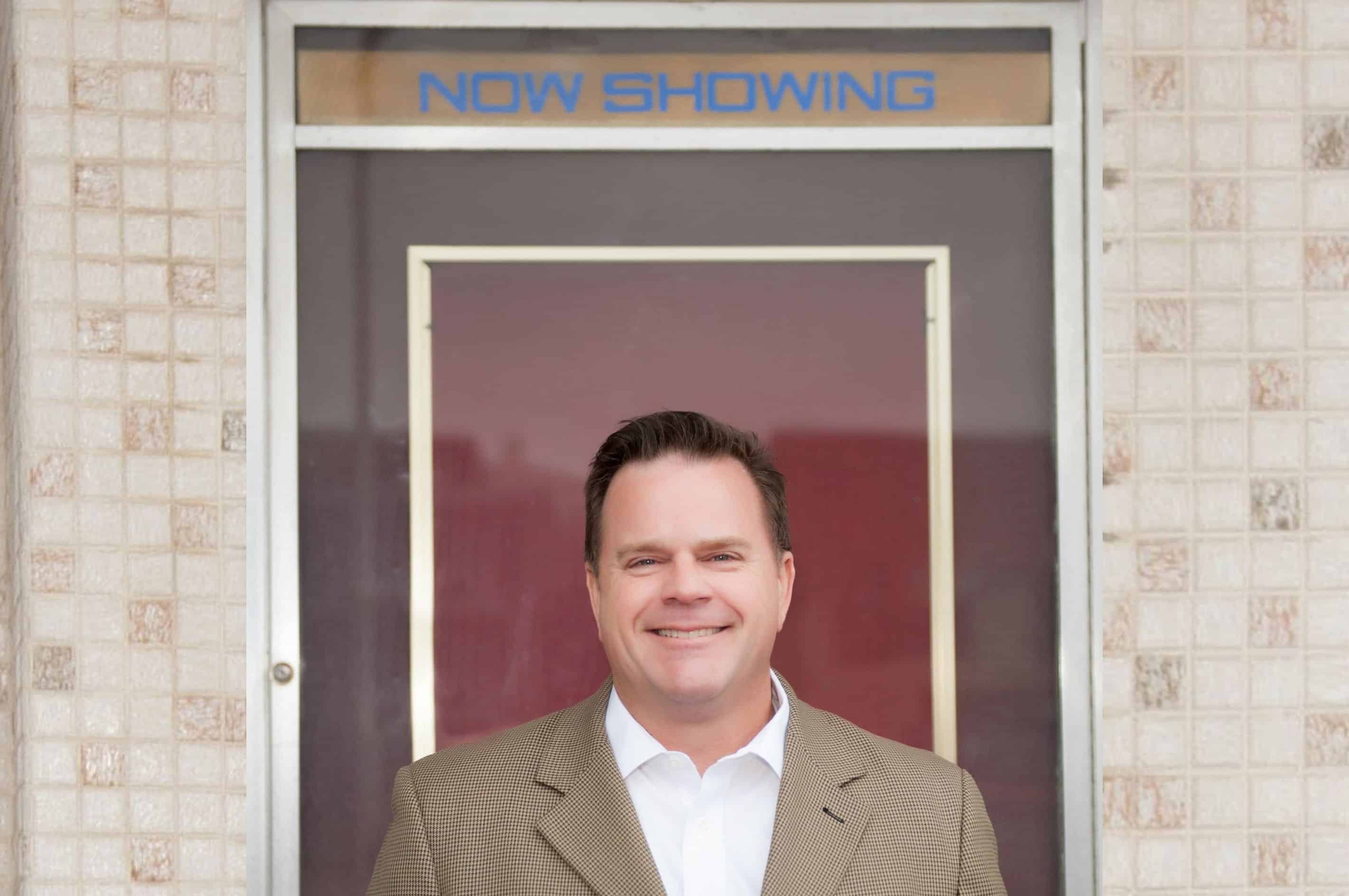Your personal physician gives you honest and candid information to help improve your physical health. A Certified Financial PlannerTM professional provides you the same type of consultation about your financial health. You are more than a number to a wealth advisor. Your family’s current financial state, future security and transition of assets are the focal points to a sound financial plan.
The basic level of fiscal management is the utilization of your annual household income in a manner that provides for your needs today while saving for your future. In a utopian world, we could simply spend all that we earn, and the retirement phase of life would be funded by someone else. The problem with this thought is that the “someone else” is you!
By applying guidance of cash flow management, your family will enjoy a lifestyle that creates happiness today. The physiological needs such as food, shelter and clothing are the very primal items that help your family simply survive. By appropriately allocating your resources to allow for current living needs and accommodating for your future will instill confidence in your capabilities.
While working through life, you become clearer on what you seek after your career. It is vital that you properly fund your retirement or the pleasure you see in all those vacation posters will evade you. Time value of money is an accounting concept that states, “a dollar today is worth more than a dollar tomorrow.” To maximize the probabilities of accumulating sufficient capital to fund retirement, it is critical to work with a wealth advisor to, first, determine what is the target amount of funds you should save and, second, what is the most efficient approach to saving these funds.
This approach is illustrated with our older daughter’s lifestyle. Our daughter is working in her first career position after graduating with her master’s degree. While helping her with a budget for this new paradigm she is living in, I will never forget her comment of “Wow! It takes too much money to live the way I wish.” After I realized she was being serious, I started the “dad talk” and reminisced about 1987, my first year out of college and working in my career. As her eyes rolled, I could literally hear her think – “Not another “back in the old days” story.”
After a brief discussion, I gave her the secret formula to accumulating wealth for the future while living a happy life today. In remarkably simple terms, invest 10% of your earnings for the future, give 10% away to qualified charities and/or church, invest 10% in yourself through education and other skill-building programs and, lastly, live on the remaining 70%. When she received her first performance bonus, she was so excited! The amount of money she earned was more than she had imagined. Immediately, she began talking about a new car or furniture for her townhouse. I interjected the 10/10/10/70 formula she is currently using to help her live an abundant life. After convincing her that she may not wish to expand her lifestyle with funds that are not consistent, she did something that made my chest swell with fatherly pride – she invested the money in her future
Do not assume that a Certified Financial PlannerTM professional only works with investments. Many of us possess expertise in behavioral finance and other psychological functions of wealth. Just like your doctor, we examine your total picture and provide advice and coaching to reach your highest goals in life in a manner that you choose. With a short conversation, you will discover that a wealth advisor is far more than numbers – you will find a lifelong advisor and friend.
It is an honor to share stories, tax laws and other financial information with you each week. Most importantly, it is critical that each of us share the blessings we possess with those in need. This Christmas Season focus your energy and resources on others and you will receive the most valuable gift on this planet – joy!

